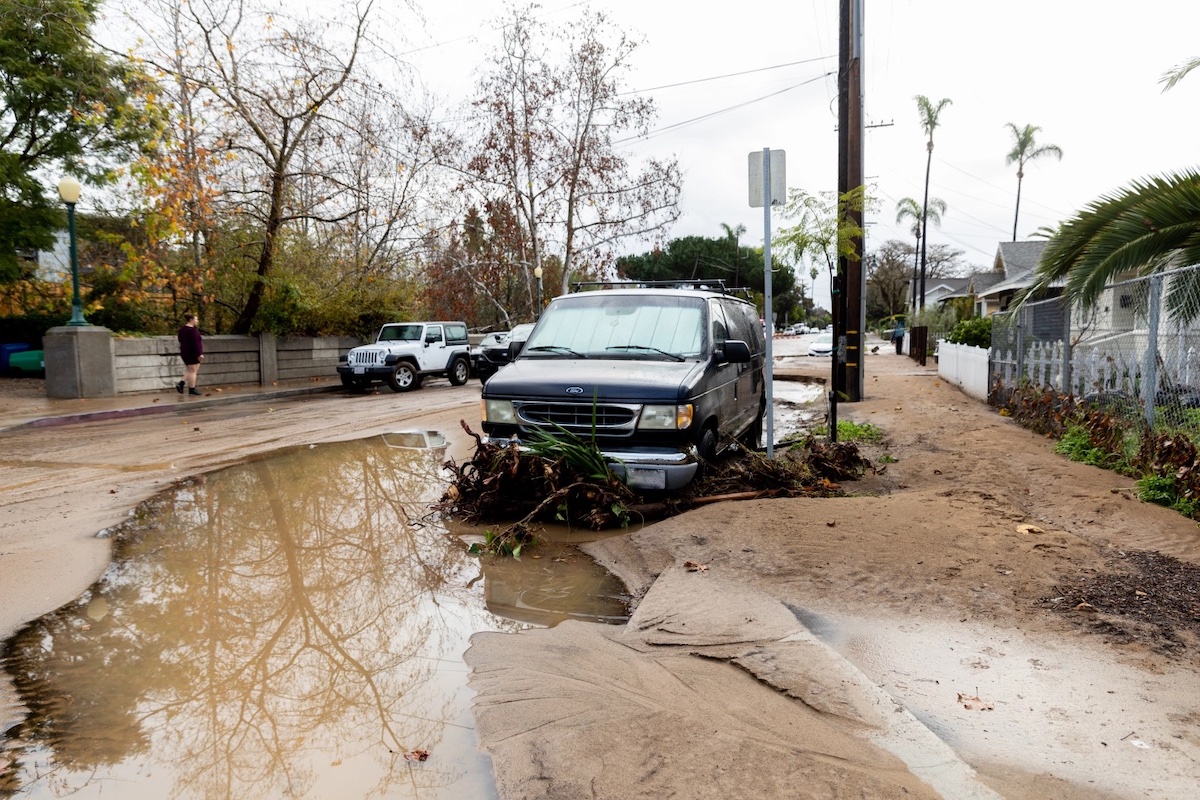Federal Tax Deadlines Extended for Storm Victims in Santa Barbara County
Individuals and Businesses in More Than 40 California Counties Now Have Until May 15, 2023, to File Taxes

The federal tax deadline for residents in more than 40 California counties affected by the recent storms — including Santa Barbara, San Luis Obispo, and Ventura counties — has been extended to May 15, 2023, according to an announcement from the Internal Revenue Service (IRS) this week.
Any individuals or businesses with a registered address in any of the 41 counties designated by the Federal Emergency Management Agency (FEMA) qualify for the extension, according to a statement released by the IRS on Tuesday.
“The IRS automatically provides filing and penalty relief to any taxpayer with an IRS address of record located in the disaster area,” the announcement stated. “Therefore, taxpayers do not need to contact the agency to get this relief.”
Any taxpayer that qualifies for the extension who receives a penalty notice for a late filing or payment during the extension period (from January 8 to May 15) should contact the number on the notice immediately to have the penalty abated.
The deadline extensions include the 2022 individual returns that were scheduled to be due April 18, business returns typically due on March 15 and April 18, and deadlines for contributions to individual retirement arrangements or savings accounts.
“In addition, the IRS will work with any taxpayer who lives outside the disaster area but whose records necessary to meet a deadline occurring during the postponement period are located in the affected area,” the announcement stated. “Taxpayers qualifying for relief who live outside the disaster area need to contact the IRS. This also includes workers assisting the relief activities who are affiliated with a recognized government or philanthropic organization.”
Farmers who normally file their returns by March 1 will now have until May 15 to file their 2022 return and pay any tax due, and the new May deadline also applies to quarterly estimated tax payments normally due on January 17 or April 18. Quarterly payroll and excise tax return are also extended to May 15, and any penalties from payments scheduled for January will be abated.
“This means that individual taxpayers can skip making the fourth quarter estimated tax payment, normally due January 17, 2023, and instead include it with the 2022 return they file, on or before May 15,” the statement said.
Additionally, the IRS said that any individuals or businesses who suffered “uninsured or unreimbursed disaster-related losses” can claim them either in the 2022 filing or next year’s 2023 returns.
The current list of eligible areas is available on the Tax Relief in Disaster Situations page on IRS.gov.
Support the Santa Barbara Independent through a long-term or a single contribution.



